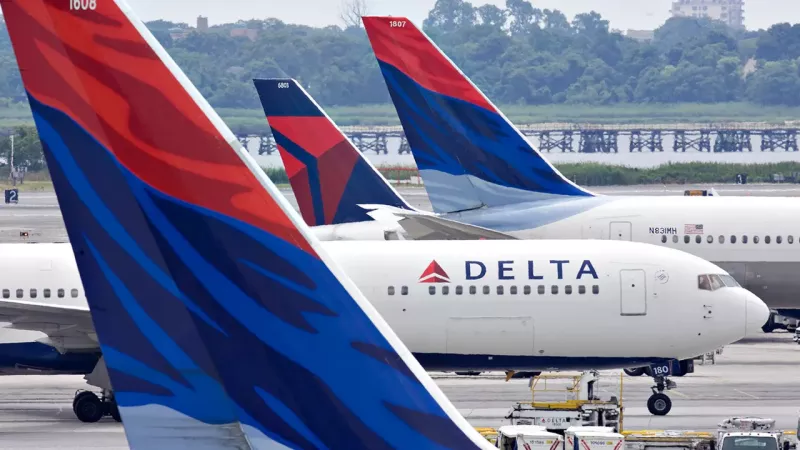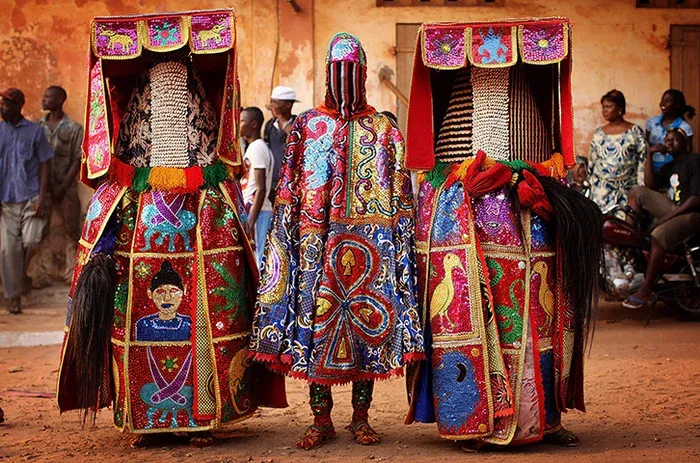As funds realized by foreign airlines through air ticket sales continue to be trapped in Nigeria, at least one of the international carriers (Delta Air Lines) has begun selling tickets to passengers in United States dollars. It was gathered that this was to forestall the continuous growth of its trapped funds in the country. According to the International Air Transport Association (IATA), foreign airlines’ trapped funds in Nigeria have risen to $550 million as of November 30, 2022.
Meanwhile, the Nigerian Civil Aviation Authority (NCAA) has continued to frown against the sale of air tickets to Nigerian travelers in foreign currency, saying the practice contravenes the country’s policy on air travel.
More on the development: Delta Air Lines, the sole US carrier flying into Nigeria from its base in Atlanta Georgia, now sells air tickets to air travelers in dollars. This was confirmed to our correspondent by Mr Jummy Echelgruen, the airline’s Sales Director for Africa, the Middle East and India.
Echelgruen, however, insisted that the airline did not flout any known law or policy in Nigeria, noting that it was part of the Bilateral Air Service Agreement (BASA) arrangements between the US and Nigeria.
Though no verification yet on if any other airline apart from Delta sells air tickets in dollars, it was learned that the American carrier had been selling tickets in dollars to air travelers in the past six months.
Why this is happening: Echelgrue explained that the airline adopted the tactics to further prevent more funds from being trapped in Nigeria which he said was “enough to worry Delta Air Lines.”
According to him, the BASA agreement the United States Government signed with Nigeria allowed it to sell air tickets either in dollars or naira, stressing that the airline had not violated any known law in Nigeria.
He stressed that Delta Air Lines was not contemplating suspending flight services out of Nigeria because of the trapped ticket sales funds, noting that the airline was committed to serving the Nigerian routes. He said:
- “What we have done is that we are now connecting through the issuance of tickets in US dollars because that is the way that we can continue with our service uninterrupted. We are allowed to do that with the bilateral agreement between the US Government and the Nigerian Government and we are providing adequate availability to passengers from Nigeria to all over the world.
- “With this, we have opened up more inventories allowing for passengers to travel with us, but they need to pay in dollars. We will continue to operate as normal and our load on our flight is still very good.
- “There is no grey area and it is part of our agreement. The agreement says we can collect in either naira or US dollars. We now sell our seats in dollars and that is going to be the case until we can resolve this crisis.”
He was, however, silent on the specific amount of funds Delta Air Lines trapped in Nigeria.
Details on trapped funds: A source close to one of the affected airlines, who didn’t want his name in print, confided in our correspondent over the weekend that the trapped funds of Ethiopian Airlines, Emirates and British Airways were over $300 million.
The source stated that as of November, the Federal Government through the Central Bank of Nigeria (CBN) promised that the funds would be paid by December. But as of the time of filing this report, none of the airlines had received the guarantee of payment despite the repeated intervention of IATA.
Interestingly, Nigeria’s neighbour Ghana has repatriated all foreign airlines’ funds previously trapped within its borders. Our source said:
:quality(70)/cloudfront-us-east-1.images.arcpublishing.com/bloomberglinea/LR7CCI7PCJE5HN56LHC3N3YAYI.jpg)
- “The government said they would pay the airlines by December, but when in December is what we don’t know. Each airline has different trapped funds here in Nigeria. It is IATA that is conversing with the Ministries of Finance and Aviation.
- “The smallest of the trapped funds of the airline is $12 million; Emirates is over $100m and that was why they pulled out. Also, Ethiopian Airlines and British Airways are in that range of $100m each because they are doing the same volume. One of the airlines with the smallest flights into Nigeria got only $1.3 million the last time that the CBN made some payments, which is very small.
- “Since you are flying, your debts continue to pile up. We need dollars to pay for our equipment. So, it is not easy for the airlines. The cost of operating flights into Nigeria is burnt 80 per cent by the headquarters. The proceeds are not from here. I just hope this one is settled soon or else, most airlines would leave this country.”




